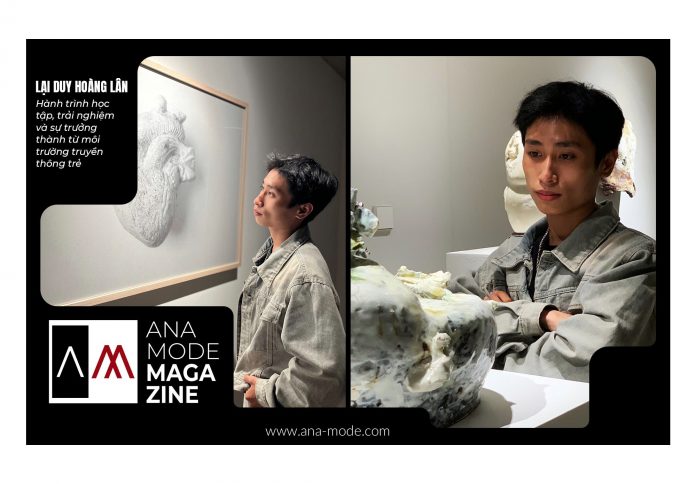In the digital age, a new and powerful force is promising to make the acquisition of knowledge effortless. Artificial intelligence, with its ability to provide instant summaries, write essays, and answer any question with a keystroke, is being hailed as the ultimate learning tool. But a growing body of research from the field of cognitive psychology suggests a profound and unsettling paradox: while AI may make learning easier, it could also make it less effective. The science of how we learn tells us that true understanding is forged in the crucible of effort. It is the struggle, the frustration, and the “hard work” of thinking that strengthens our cognitive abilities and cements knowledge in our long-term memory. The greatest risk of this new technology is not that it will make us smarter, but that it will short-circuit the very mental processes that are essential for deep, meaningful learning.
The Principle of Desirable Difficulty
The cornerstone of modern cognitive psychology is a concept known as “desirable difficulty.” This principle, developed by researchers decades ago, states that learning is most durable and effective when it requires a significant amount of mental effort. When our brains are forced to struggle, to recall information from memory, or to synthesize new concepts, they form stronger neural pathways. This is why active learning strategies, like quizzing yourself on a topic or trying to explain a concept to someone else, are far more effective than passive ones, like simply re-reading a textbook.

Think of the brain as a muscle. Just as lifting weights creates micro-tears in muscle fibers that heal back stronger, the mental strain of solving a complex problem or remembering a difficult fact strengthens our cognitive abilities. The challenge of a new task is not a barrier to learning; it is the very mechanism of it. Without this “desirable difficulty,” information may enter our short-term memory, but it will quickly evaporate, leaving us with a fleeting and superficial understanding.
The AI Shortcut: An Illusion of Knowledge
The greatest threat that AI poses to learning is its ability to eliminate desirable difficulty. When a student can ask an AI chatbot to summarize a complex topic, they receive the answer without ever having to engage in the hard work of reading, synthesizing, and understanding the source material. The AI provides the end product, but it bypasses the entire process of learning. This creates a dangerous illusion of knowledge, where a person can retrieve an answer without ever truly comprehending it.
This over-reliance on AI as a shortcut can have a number of negative consequences. It can lead to a decline in critical thinking skills, as students become less capable of evaluating information and identifying biases. It can also lead to a lack of creativity, as the AI does the heavy lifting of generating new ideas and solutions. In a world where the ability to think critically and creatively is more valuable than ever, this decline is a serious cause for concern. The AI becomes a crutch, and the learner loses the very skills that AI is meant to enhance.
The Brain’s Workout: Why Effort is Essential
The hard work of learning is not just about memorizing facts; it’s about building cognitive resilience. The process of struggling with a difficult problem strengthens our problem-solving skills, improves our ability to focus, and enhances our capacity for creative thought. When we hit a roadblock, our brains are forced to find new pathways, to make connections between seemingly disparate ideas, and to think outside the box. This is the very essence of true learning, and it is a process that cannot be automated.
The effortful nature of learning also plays a crucial role in long-term memory. When we have to struggle to retrieve a piece of information, our brains tag that information as important and store it more securely. This is why a fact you had to look up multiple times is often more memorable than one you read passively. The very act of struggling with a concept is a form of reinforcement, a signal to our brains that this information is worth keeping.
A New Partnership: The Role of AI as a Learning Tool
The answer to this dilemma is not to ban AI from the classroom. Instead, we must reframe our relationship with it. AI should be seen not as a shortcut to bypass effort, but as a tool to enhance desirable difficulty. Instead of asking AI to provide a final answer, students should be taught to use it to generate questions, to create quizzes, or to identify areas where their understanding is weak. AI can be a powerful partner in the learning process, providing personalized feedback and targeted exercises that challenge a learner’s understanding in a way that a textbook never could.
Furthermore, AI can be used to create interactive simulations and virtual environments that force a learner to engage in the hard work of problem-solving. This is a new paradigm for education, one that is focused not on the delivery of information but on the creation of a learning environment that is both challenging and engaging. By embracing a more thoughtful and intentional use of AI, we can ensure that this powerful technology is used to build a generation of critical, creative, and resilient thinkers, not a generation of passive consumers of information.










